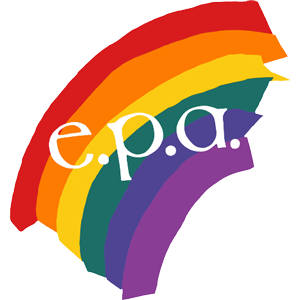Social circus is a great tool for educational work – intercultural, interactive, enabling and participative! We can offer the following:
Social Circus 1 – a playful tool of youth and social work
Friday, 11th of December 2020, 19.00-20.30 (UTC+1)
In this workshop we will first meet the theory youth social circus, and we will be in touch with social circus as a performing act. For those who first meet social circus, it can be described as a transformative power that connects education, physical art and social development. Social Circus is more than teaching circus skills: it is a tool for transformation, discipline, creativity and artistic expression.
In its modern form, ‘Circus’ has gone beyond mere entertainment: play and circus arts are tools for teaching social skills, overcoming trauma and developing essential capacities and the ability to take responsibility. Its tools and methods could also be flexible depending your target group, aggressive behaviors, communication problems, socialising, learning to share etc. So, we can easily say that social circus can be a tool for social change and human development.
Social circus creates environments where people can feel safe to develop their creativity and life-skills, connects the community and people have access to quality arts and learn how to share their skills to their community.
Last of all, social circus is accessible to all. The participants don’t need to have literacy skills to take part and fully engage. It is free at the point of access. It works effectively with all people and empowers them to engage, learn, play, laugh, join a group, share their skills and do things as a team across social boundaries. It feeds back positive energy into their community.
Social Circus 2 – Basics of Clowning and Juggling and how to easily prepare materials home
Saturday, 12th of December 2020, 19.00-20.30 (UTC+1)
Juggling and clowning are classical fields of social circus. Usually people enter with them to the magical world of circus. But why juggling? Good question. The first answer is because it is fun! As a sport it is ideal for teach your body how to coordinate so that your hands, and your feet have to be in perfect communication, but also your mind. Balance is the key to juggling, and also connected with the social part of circus.
Clowning is a more outgoing technique of social circus. You enjoy yourself and you show it to the other. You laugh with yourself, and you make others laugh. Clowning supports relationships and optimism.
In this workshop you will learn some of the basics of clowning and juggling, and the associated techniques. You will learn how to playfully prepare your own circus equipment with colleagues and kids using basic household materials. What you will need to have with you is some balloons, 2 cups of rice and some old fabrics. It doesn’t matter if you don’t have them, keep notes and create your juggling balls later!
Our social circus trainers Konstantina Goutsika and Alberto Pérez López are youth and play workers and educators, who live and work in Thessaloniki, Greece. For many years they have been involved in projects of social circus and are very happy to spread the message of the power and potentials of social circus for participation of children and young people!
In cooperation with




